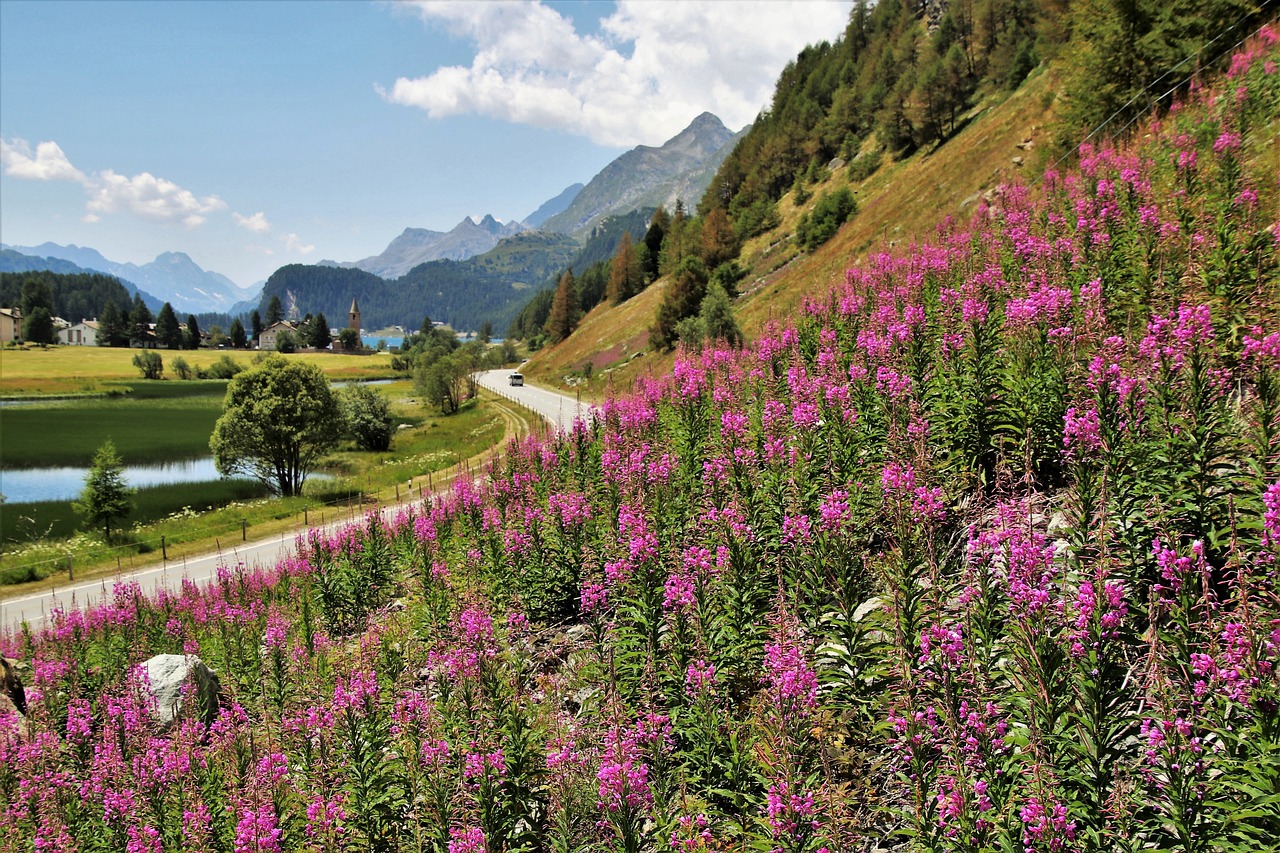Traditional Healing Retreats: Exploring Holistic Wellness Practices in Indigenous Communities
Indigenous healing practices offer a unique perspective on wellness, drawing upon centuries-old traditions and knowledge passed down through generations. These practices encompass a holistic approach that considers not just the physical ailment but also the emotional, mental, and spiritual well-being of an individual. Through the use of herbs, rituals, storytelling, and connection to the natural world, indigenous healing practices provide a comprehensive framework for healing that goes beyond just treating symptoms.
One of the key aspects of indigenous healing practices is the emphasis on community and interconnectedness. Healing is seen as a collective effort, involving not only the individual seeking healing but also their family, community members, and spiritual leaders. This communal approach fosters a sense of belonging and support, creating a nurturing environment for healing to take place. By honoring cultural traditions and wisdom, indigenous healing practices not only address physical ailments but also promote a sense of cultural identity and pride among individuals seeking healing.
The Power of Connection: Strengthening Community through Healing Retreats
Healing retreats offer a unique opportunity for individuals to come together and foster connections that can be transformative. These retreats provide a safe space for participants to share their experiences, support one another, and build a sense of community that can be empowering. The power of connection that is cultivated during these retreats can have a profound impact on one’s healing journey, as it allows individuals to feel seen, heard, and understood in a way that is not always possible in their day-to-day lives.
Mind, Body, Spirit: Understanding the Holistic Approach to Wellness
The concept of holistic wellness centers around the interconnectedness of the mind, body, and spirit. It recognizes that physical health, emotional well-being, and spiritual harmony are all essential components of overall well-being. By addressing each aspect of an individual’s being, the holistic approach aims to create a sense of balance and wholeness.
This holistic perspective views the body not as a separate entity, but as a vessel that is deeply intertwined with one’s thoughts, emotions, and beliefs. It emphasizes the importance of nurturing all aspects of oneself in order to achieve true wellness. Through practices such as meditation, mindfulness, yoga, and energy healing, individuals can work towards aligning their mind, body, and spirit to support optimal health and vitality.
What is the holistic approach to wellness?
The holistic approach to wellness focuses on the interconnectedness of the mind, body, and spirit, and emphasizes the importance of treating the whole person rather than just individual symptoms.
How can indigenous healing practices contribute to holistic wellness?
Indigenous healing practices often incorporate traditional knowledge and cultural wisdom that offer a unique perspective on health and well-being, helping individuals connect with their roots and promote overall wellness.
How do healing retreats help strengthen community connections?
Healing retreats provide a space for individuals to come together, share experiences, and support one another on their wellness journeys, fostering a sense of community and connection that can be beneficial for overall well-being.
Why is it important to understand the mind-body-spirit connection in wellness?
Understanding the mind-body-spirit connection is crucial for achieving holistic wellness, as it allows individuals to address underlying issues and promote balance in all aspects of their lives for overall health and well-being.





